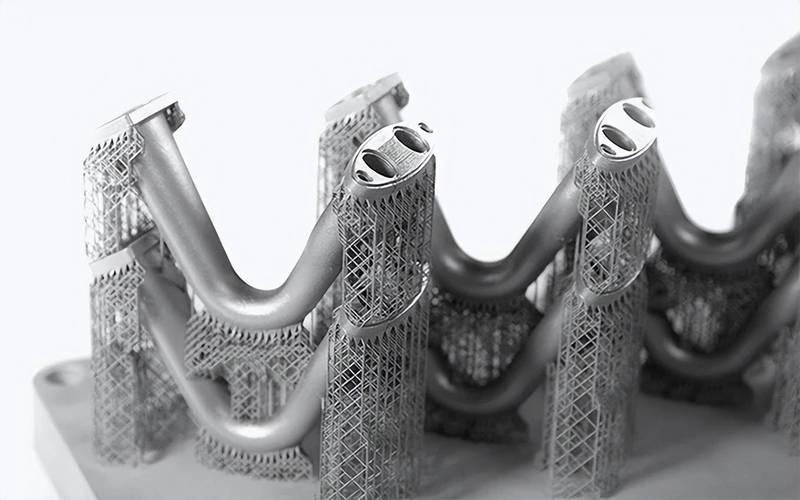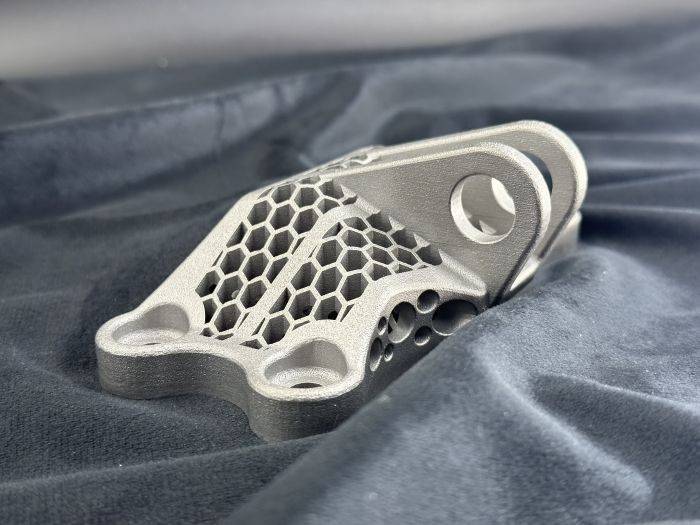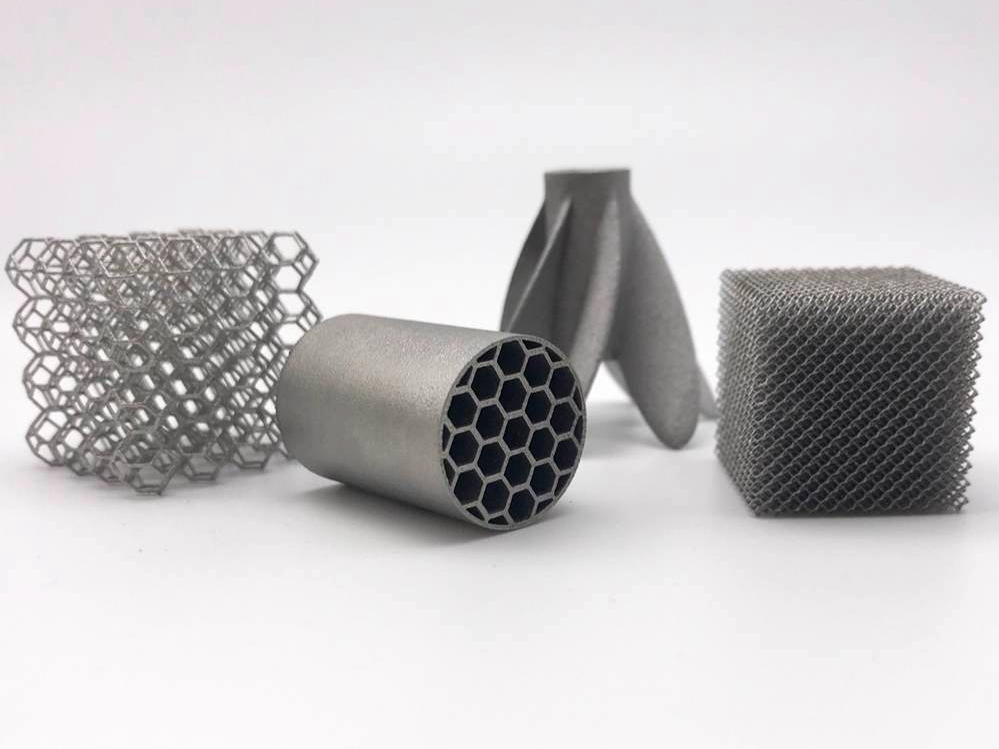What heat treatment processes are best for enhancing fatigue resistance?
What Heat Treatment Processes Are Best for Enhancing Fatigue Resistance?
Importance of Heat Treatment in Fatigue Performance
Fatigue failure in 3D printed metal parts typically originates from surface imperfections, microstructural anisotropy, residual stress, or internal porosity. These defects are common in as-built components produced via SLM or DMLS. Applying the appropriate heat treatment significantly enhances fatigue resistance by improving internal structure, removing stress concentrations, and stabilizing mechanical properties.
1. Stress Relief Annealing
This process reduces tensile residual stresses introduced during 3D printing, which are known to accelerate fatigue crack initiation. Typical stress relief cycles include:
Ti-6Al-4V: 600–650°C for 2 hours
Inconel 718: 870–980°C for 1 hour
Tool Steel H13: 600°C for 2 hours
This treatment improves dimensional stability and reduces crack formation under cyclic loading.
2. Solution Treatment and Aging (STA)
Precipitation-hardenable alloys benefit from STA to optimize microstructure for cyclic performance. Strengthening precipitates reduce plastic deformation under repeated stress.
SUS630/17-4 PH: H900 aging (482°C for 1 hour)
Tool Steel 1.2709: solution treat at ~850°C, age at 490°C
Inconel 625: aged at 700–800°C after solution treatment
STA improves tensile strength and endurance limit, key metrics for fatigue reliability.
3. Hot Isostatic Pressing (HIP)
HIP significantly enhances fatigue resistance by eliminating internal porosity that acts as fatigue crack initiators. HIP is commonly applied to:
Ti-6Al-4V ELI (Grade 23) for medical implants
Haynes 230 and Hastelloy X for high-temperature rotating parts
Typical HIP conditions: ~100–200 MPa pressure and temperatures above 900°C, depending on alloy.
4. Tempering and Subcritical Annealing
In tool steels like Tool Steel D2, tempering improves toughness after quenching and aligns hardness with fatigue loading requirements. It also helps avoid surface brittleness that can promote crack propagation.
Summary: Heat Treatments by Material for Fatigue Enhancement
Material | Recommended Process | Purpose |
|---|---|---|
Ti-6Al-4V ELI (Grade 23) | Stress relief + HIP | Reduce stress + densify microstructure |
Inconel 718 | STA + stress relief | Strength + stability under cyclic loads |
Tool Steel 1.2709 | Aging + tempering | Improve hardness and fatigue strength |
SUS630/17-4 PH | H900 aging | Optimize strength and fatigue resistance |
Recommended Services for Fatigue Optimization
Neway 3DP supports fatigue-critical applications with:
Heat Treatment For stress relief, aging, and microstructure transformation.
Hot Isostatic Pressing For porosity elimination and density improvement.
CNC Machining For post-treatment finishing to final tolerance without compromising fatigue integrity.
Our heat treatment workflows are validated for aerospace, medical, and structural components.



